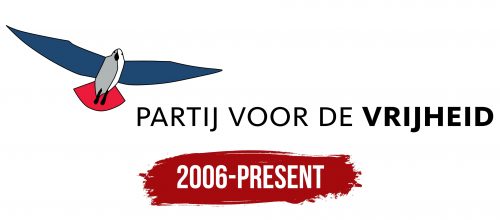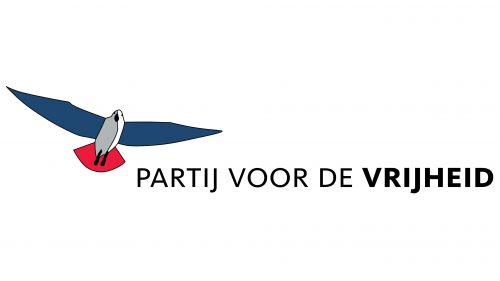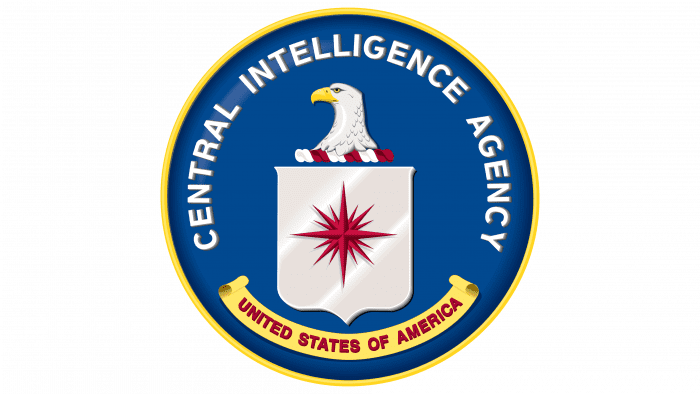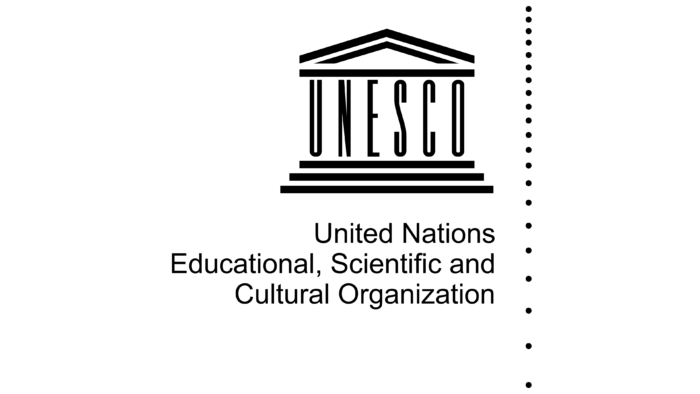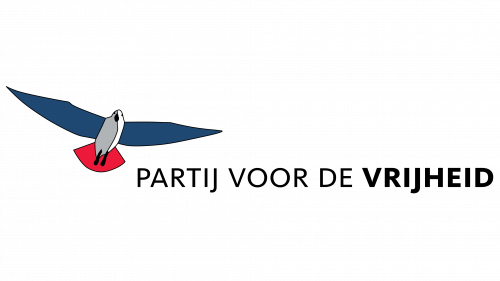 Partij voor de Vrijheid Logo PNG
Partij voor de Vrijheid Logo PNG
The Partij voor de Vrijheid logo highlights the movement’s core values—freedom and the Dutch people’s national identity. The emblem conveys a vision for the future and the nation’s importance in the global community.
Partij voor de Vrijheid: Brand overview
The Party for Freedom (PVV), founded by Geert Wilders, burst onto the Dutch political scene on February 22, 2006. Once a member of the People’s Party for Freedom and Democracy (VVD), Wilders left in September 2004 over disputes regarding Turkey’s potential accession to the European Union.
Wilders, an independent Dutch House of Representatives member, began crafting his political platform, which laid the groundwork for the new party. The group emerged with a strong stance against the Islamization of the Netherlands and Europe, advocating for stringent immigration controls, particularly from Muslim-majority countries, while emphasizing the preservation of Dutch cultural identity.
In its inaugural parliamentary election in 2006, the party secured nine seats in the House of Representatives, a notable achievement for a newly formed party. Its popularity surged in subsequent years, gaining attention with its hardline rhetoric against Islam and immigration and a Eurosceptic stance.
The 2009 European Parliament elections saw the group capture 17% of the vote, secure four seats, and become the second-largest Dutch party in the European Parliament. The party’s breakthrough moment arrived in the 2010 parliamentary elections, winning 24 seats, making it the third-largest party in the House of Representatives. Post-elections, the group supported a minority government formed by VVD and the Christian Democratic Appeal (CDA) without formally joining the coalition.
In April 2012, the organization withdrew its support for the government over disagreements over austerity measures, causing the government to collapse and triggering early elections. The 2012 elections saw the group lose some support, secure 15 seats, and move into opposition.
In the following years, the group continued to make headlines with its controversial statements and proposals, including calls for banning the Quran, closing mosques and Islamic schools, and advocating for the Netherlands to exit the European Union. The 2014 European Parliament elections placed the party third, winning four seats.
Heading into the 2017 parliamentary elections, polls indicated strong support for the group, with predictions of it becoming the largest party in parliament. The actual elections saw the organization securing second place with 20 seats. Despite this, it remained politically isolated, as other major parties refused to form a coalition with it due to its radical views.
The 2019 European elections marked a significant setback for the party, as it failed to secure any seats in the European Parliament.
Meaning and History
What is Partij voor de Vrijheid?
It is a political party in the Netherlands known for its right-wing views, including strict immigration policies and Euroscepticism. The party’s platform emphasizes preserving national identity, reducing taxes, and increasing security and law enforcement spending. It also advocates for limiting Islam’s influence in the country.
2006 – today
The Netherlands’ history is rich in the struggle for independence, particularly from Spain, which is reflected in the party’s symbolism. “Partij voor de Vrijheid” emphasizes the importance of preserving national identity and economic prosperity, which is relevant in the context of the political and social changes of the early 21st century. The party actively opposes EU integration and the acceptance of migrants, focusing on protecting the interests of native Dutch citizens.
The “Partij voor de Vrijheid” logo consists of the party’s name in black font, with a special emphasis on the word “Vrijheid,” which translates to “freedom.”
The logo features a soaring bird, symbolizing freedom. The bird is a metaphor for independence and the pursuit of freedom, deeply rooted in Dutch history. The theme of a prosperous and free country that considers the interests of its native citizens resonates with the people, allowing the party to maintain small but stable seats in parliament.
The party’s logo reflects its core values: fighting for the country’s economic prosperity and preserving the Dutch people’s national identity. The bird in flight symbolizes the aspiration for freedom and independence, highlighting the importance of these principles to the party.
The font on the logo is simple and clear, emphasizing the party’s seriousness and determination. The special emphasis on the word “Vrijheid” makes it visually prominent and underscores the central idea of freedom, around which the entire party platform is built.
The black font adds a sense of austerity and seriousness, underscoring the importance of the party’s political goals. The bird and the red element emphasize the symbolism and connection to the Netherlands’ national identity.
